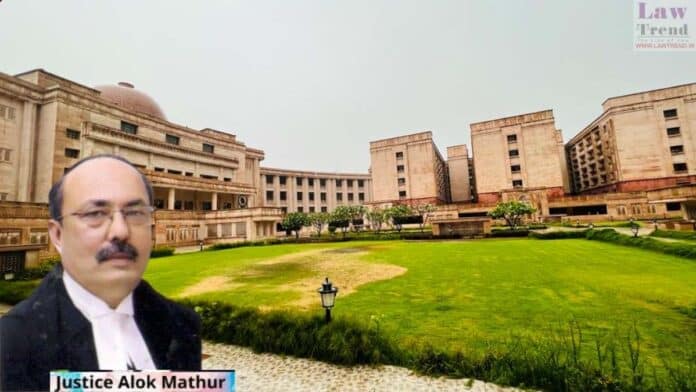In a significant ruling, the Allahabad High Court, Lucknow Bench, has reaffirmed the principle that settled seniority cannot be disturbed after an extended period. The decision was pronounced by Justice Alok Mathur in the case of Shiv Datt Joshi & Others v. State of U.P. & Others [Writ-A No. 9193 of 2023], along with Sanjeev
To Read More Please Subscribe to VIP Membership for Unlimited Access to All the Articles, Download Available Copies of Judgments/Order, Acess to Central/State Bare Acts, Advertisement Free Content, Access to More than 4000 Legal Drafts( Readymade Editable Formats of Suits, Petitions, Writs, Legal Notices, Divorce Petitions, 138 Notices, Bail Applications etc.) in Hindi and English.




